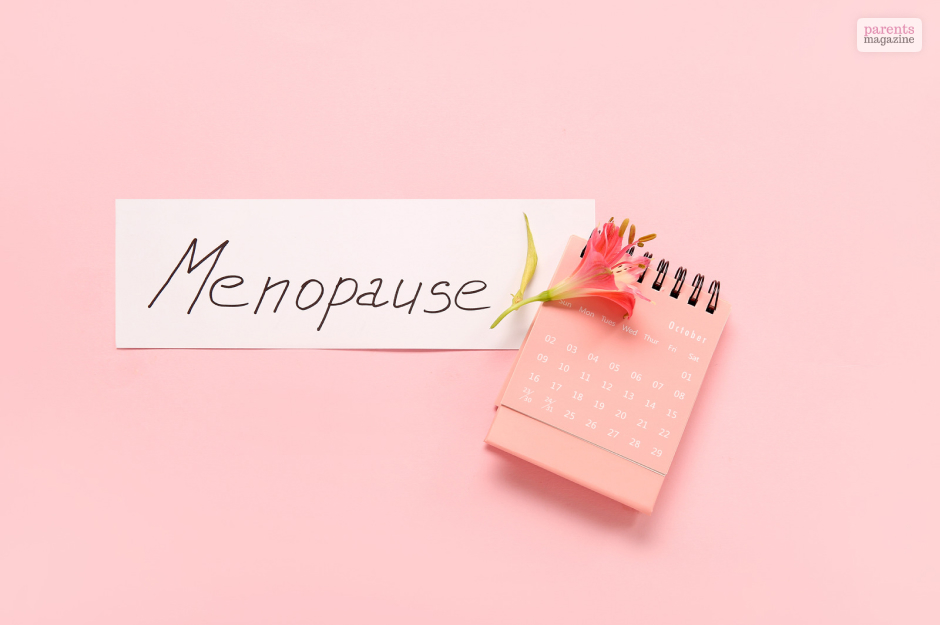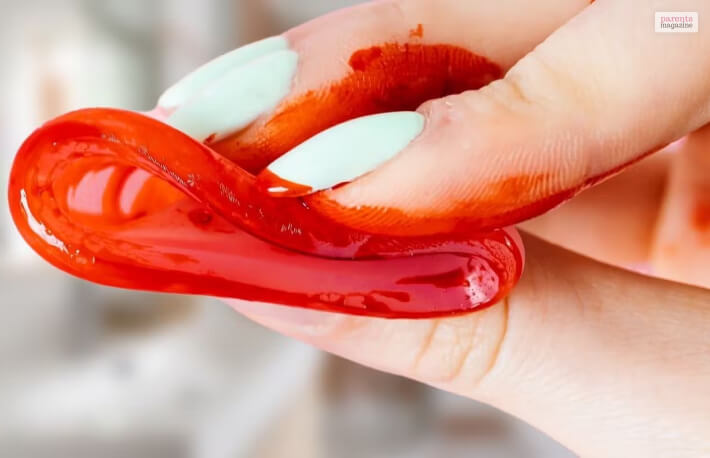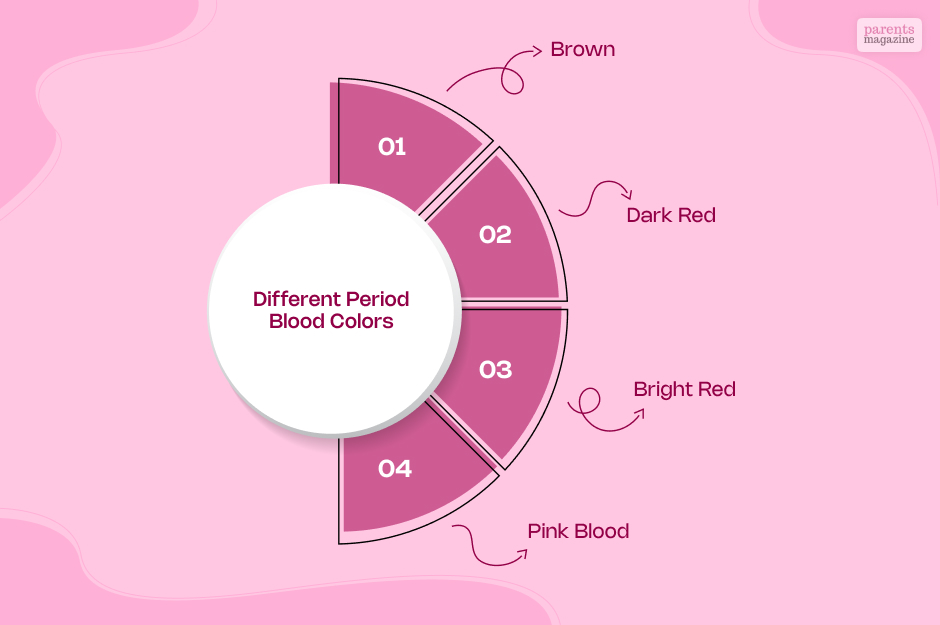
Watery Period Blood: Exploring Causes and Potential Concerns
Let’s start with a confession today. And that would be none of us totally understand what happens to us and our bodies during menstruation. It gets weird. Sometimes it is clumpy; sometimes, it is bright red, and sometimes brown or pink, sometimes, it is smelly, and sometimes it is not.
But let’s be sure of one thing that none of this is unusual, and this is all standard. But as our goes through a lot, our mind also goes through a lot of questions, and among those, one very common question is “why is my period blood so watery?” here we will find out the reasons behind the watery period blood.
There are a few possible reasons behind getting thin watery period blood, but mostly it depends on whether you have made any major recent changes like getting on birth control or started training for a marathon.
The consistency and color of period blood change daily during your period. But if you see it is, suddenly see watery or light period blood or bright red, watery period blood throughout the menstruation, and if it has never happened before, then it is best to consult an OB/GYN and get yourself checked. Let’s check the possible reasons behind watery period blood.
Reasons Behind Getting A Watery Period Blood
There is a shift in the texture of period blood throughout a woman’s life. It might make you curious when you know that you have been trying for a baby. You might get it confused with implantation bleeding.
But getting watery period blood is a lot different than getting implantation bleeding. It is mostly light spotting, which indicates that you have conceived. But before taking a pregnancy test, know the five reasons why you might be getting watery period blood.
1. It Is Either The First Or Last Day Of Your Period

In some people, on the first day or last day of the period, the blood is thinner and lighter. This is something that every girl and woman is familiar with. In the beginning, it is the new blood that flows quickly from the uterus. And during the end, this happens because the flow stopping is light and low.
It is normal if you find that the color of the blood is orange-red, dark red, brown, light pink, or bright red. It is normal for many women to experience light flow with pinkish blood at the beginning or during the end of the flow. During this time, the texture of blood is even thin and watery.
2. You Started Taking Birth Control Recently
People who consume hormonal contraceptive pills get less heavy periods, so if you are new to this and have started taking it recently, don’t get worried because this will continue to happen from now on. Whatever you are using, be it an implant, an IUD, a pill, a patch, or taking a shot, will make your period lighter, and that can cause a watery period. This makes the uterus lining thin, and then there is less tissue to shed.
Contraceptives have a way of interrupting your hormonal cycle as they regulate the progesterone and estrogen levels. It prevents pregnancy in three ways.
- It stops the ovaries from releasing an egg. This is known as arresting ovulation.
- It thickens the cervical mucus, making it difficult for the sperm to reach the egg.
- It makes the uterus lining thin, which makes it difficult for the egg to implant.
These changes can lead to a light, watery period, and if you have started it recently then there is a chance that you might get an ultra-light period.
3. Low Estrogen Level

“My period blood is light pink and watery; is that normal?” Yes, it is absolutely normal. A low estrogen level can cause this and can show other symptoms as well, like headaches, lack of vaginal lubrication, mood swings, and fatigue. This can happen for several possible reasons, like:
- Excessive intensive exercise
- If you have an eating disorder
- If you have chronic kidney issues
- Any kind of autoimmune condition like Sjogren’s Syndrome.
- If your pituitary gland is not functioning properly.
4. If You Are Getting Closer To Menopause

Looking for answers to “why is my period blood watery?” It may be because you are getting closer to perimenopause. This is a stage when your body is preparing itself for menopause. This happens in your 40s, but it can happen earlier as well. During this transition, the estrogen level fall and rise abruptly, and that cause major changes in the menstrual system. And in the hormonal regimen as well. This might cause:
- Lighter and irregular periods
- Insomnia and sleeping issues
- Lowers sex drive
- Decreased fertility
- Hot flashes
- Bladder issues
- Reduces bone density
5. If You Have Any Other Health Condition
Ovarian tumors or fallopian tumors can make period blood watery, and it is best to look out for symptoms like pelvic pain, frequent bloating, and abdominal pain. There can be many possible reasons behind getting watery period blood, but if you are worried, it is best to give a visit to a doctor. A watery period can be the signal for various other issues.
- Polycystic Ovarian Syndrome or PCOS – PCOS is something that elevates androgen in women by almost 12%. This has a tendency to manipulate your menstruation. It can become irregular or thinner; you might gain a lot of weight, grow facial hair, get acne, and get ovarian cysts as well.
- Thyroid issues – Thyroid hormones are responsible for producing sex hormones, so thyroid conditions like Graves’ Disease and Hashimoto’s Disease might lead to thin, watery periods. So, if you find that your appetite is changing suddenly, you are gaining or losing weight, and you are feeling a lack of energy along with having watery periods, there is a chance you have some thyroid issues.
- Ovarian or fallopian tumor – If you have a tumor in your fallopian tubes or ovaries, that can be a cause of watery periods. But tumors come with various other symptoms, like persistent pain in the lower abdomen, bloating, excess discharge, and cramps.
Watery Period Blood: Sign Of Pregnancy

It is not wrong to wonder if you have successfully made a baby when you see watery period blood. Well, it might be true. Few women get light bleeding or little spotting after implantation. This doe not mean you are getting your period, as the uterus is not shedding its lining though it might look like the light flow that you get at the beginning of your period.
Watery period blood can mean a lot of things. But implantation bleeding is generally brown or pink in color. And as it gets mixed with the vaginal discharge, it can appear to be watery. It is not easy to differentiate the bleeding that happens at the beginning of your period from implantation bleeding.
When Do You Get Blood Clots Along With Watery Period Blood?

You might also notice watery period blood with small clots, and this happens when blood clots are passing through the body, and this can happen anytime during your period. The clots may be brown, dark red, or bright red and can come with heavy flow or less flow and even when you are getting watery period blood.
How Do You Get Healthy Periods Every Month?

With thousands of things going inside the body, getting a healthy, clean period may sometimes be challenging. Watery periods are way more common than you think. A lot of women tend to experience unhealthy, and watery blood flow during pregnancy. The actual reasons behind watery periods can be many, so, it is better to maintain a healthy lifestyle to make sure your periods come fine.
If you are also experiencing the same, it is time that you step up, introduce natural ways to in your lifestyle to get more healthy periods every month.
If you don’t know where to start, we have some effective ways to get you covered.
Ginger Tea
Ginger is a popular remedy for multiple illnesses and diseases, including problematic periods. However, regular consumption of raw gingers ensures that you experience healthy periods every month. Ginger has gingerol in it that lowers inflammation in your body. It also helps in contracting your uterine muscles and eases hormonal balance.
Unripe Papaya
While a ripe papaya is the best for pregnant women, the unripe one is notoriously popular for helping with irregular periods. It improves your uterine contraction that majorly helps at the time of your periods. If you eat unripe papaya juice every day for just a couple of months, you will experience a healthier period. However, make sure to not drink it while you are already menstruating.
Jaggery
Jaggery is deliciously sweet and contains a number of medicinal properties. Everyday consumption of jaggery might help with unhealthy periods. It is also very helpful in reducing uterine cramps.
Turmeric
Turmeric can literally do anything. It is a magical home remedy that you can use in almost every situation. Every day, the consumption of turmeric can help you have healthier periods. It is also rich in antispasmodic and anti-inflammatory properties that majorly reduce uterine cramps. If you wish to regulate your periods or get a healthier blood flow, try having turmeric every day with honey and warm milk. Continue taking it till the day you get your period.
Aloe Vera
Aloe vera juice is one of the best remedies that can regulate your menses while at the same time reduce excessive weight. It also improves your metabolism and keeps your intestines healthy. Aloe vera corrects all your hormonal imbalances and treat any irregularities during menstruation. However, try not to use aloe vera during periods ever. It might result in uterine contractions.
Apple Cider Vinegar
Drinking apple cider vinegar every day can help regularize your periods and hormones, especially when women suffer from polycystic ovarian syndrome. Apple cider vinegar might also help people lose weight and lower insulin and blood sugar levels.
Apple cider vinegar does not taste good. So, try to dilute it with some water.
Cinnamon
Cinnamon is not just an essential element in the kitchen, but also for our health. It majorly helps regulate blood in the uterus and treat irregular periods. It also reduces abdominal pain, vomiting, or nausea during periods.
Pomegranate
If you already did not know about this, pomegranate is a major producer of blood in your body. Eating pomegranate everyday ensures that you get healthy periods with a smooth flow of blood every month.
Different Period Blood Colors & What They Mean

Now, what can you tell from the color of your period blood?
For starters, period blood colors can change from one month to another. The consistency of the same can also change. It varies from one menstrual cycle to another.
In this period, the average amount of blood a woman loses is between 2 to 3 tablespoons. There are different reasons for the changes in the color of period blood. It can happen due to changes like –
- Diet
- Aging
- Lifestyle
- Hormonal changes
It can range from the color pink to red and dark brown based on those several conditions. However, there are rare cases where people see bleeding and cervical cancer.
Here are the different colors of period blood and what they can mean –
Brown
The brown color of period blood after pregnancy usually occurs after giving birth to a child. It can last for usually 5 to 9 days. It also suggests that your body is discharging the old blood, which has the time and chance to oxidize before leaving your body.
Dark Red
During the last days of your period, you may notice dark red-colored period blood since the flow slows down around this time. It can also look dark red once you wake up after sleeping. The blood gets a darker color since it has the time to oxidize.
Bright Red
You get to see the much brighter colored blood during the first few days of the period. The bright color suggests that it’s fresh. It’s also critical to know that spotting and bleeding are also signs of infection. It can suggest STI or miscarriage under specific conditions.
Pink Blood
You can also experience pink blood at the very start or the end of the period. There are also chances for you to experience pink spotting during your ovulation. Pink blood during periods can also suggest a low level of estrogen in the blood.
Wrapping Up!
As we have discussed above, there can be many reasons behind getting a watery period blood, like getting closer to menopause, low levels of estrogen in your body, and many others. None of these reasons are alarming and is nothing that can cause any harmful reaction inside the body. But if it comes with some other symptoms or is suddenly happening without any reason, then it is something that you should take to a doctor.
When we are discussing period, it is better to get one thing clear that is no such thing as normal or abnormal. One thing can be normal to you and can be strange to someone else. Everybody is different and reacts differently to changes. A female body is way too complicated to understand completely. So it is better to consult a doctor, just to be on the safe side and avoid any kind of risks.
Read Also : –
Already have an account?
Sign In
Create your account
User added successfully. Log in








